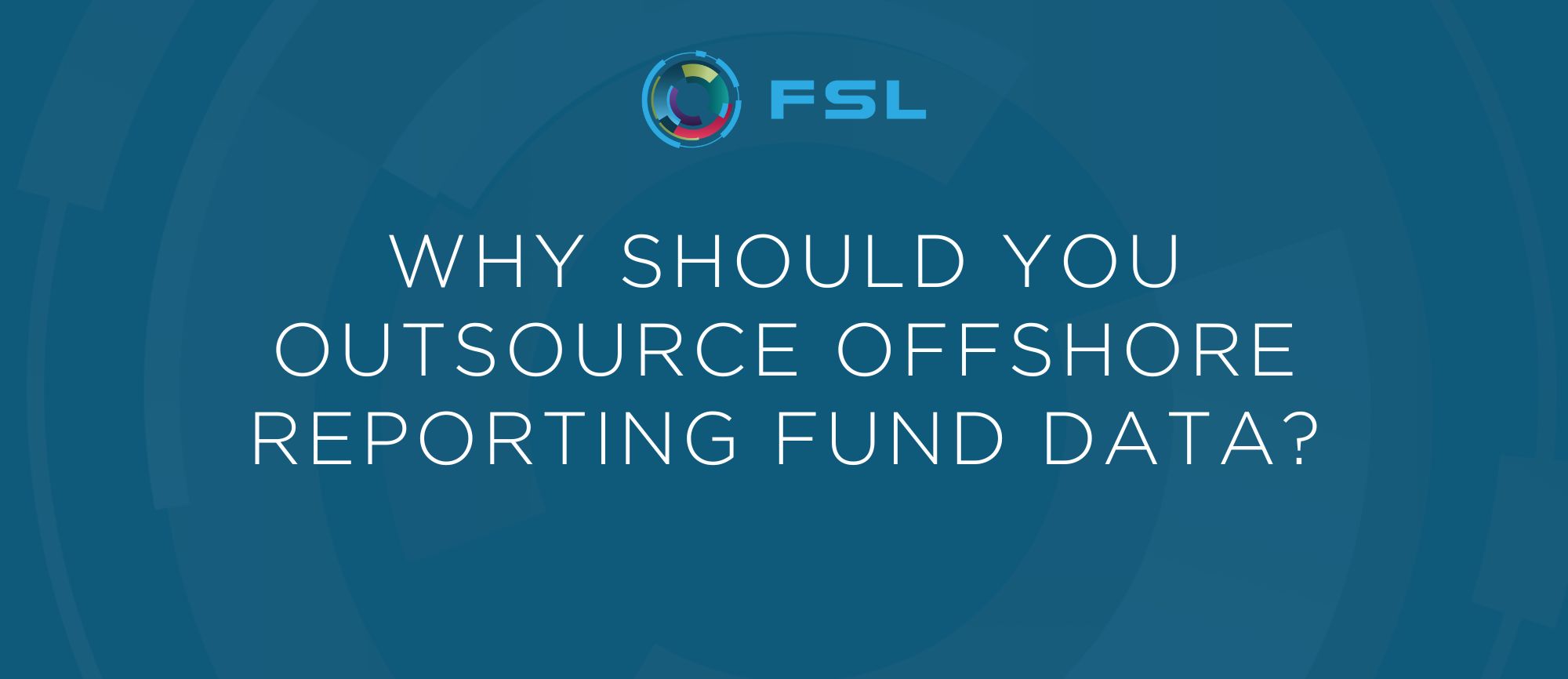NEWS & VIEWS
As defined in UK tax legislation, Offshore Funds are investment schemes of which the trustees or operators are non-UK residents. Certain types of offshore funds are regarded as reporting funds. This means investors need to pay tax to HMRC when disposing of such funds. HMRC implemented new legislation – The Requirement to Correct (RTC) – in September 2018 requiring taxpayers to inform HMRC about any offshore tax liabilities relating to UK Income Tax, Capital Gain Tax or Inheritance Tax. Failing to report it correctly could result in investors facing high tax penalties.
Sourcing the data isn’t easy
Undoubtedly, the implementation of the RTC has made it necessary for investors to acquire accurate Offshore Reporting Fund (ORF) data on time. However, identifying reporting funds and sourcing the data is not easy. Even though HMRC has published the Reporting Fund list, this list still has issues including:
- Missing identifiers: funds can often appear on the list but without a SEDOL or ISIN. This makes it challenging to identify fund updates/additions on a monthly basis as well as ensuring allocation of the correct share class. Fund names can also be very similar.
- Incorrect identifiers: identifiers can be too short or too long. Sometimes, “O” is used instead of “0” which can cause various issues including searches to fail.
- Delayed updates: HMRC’s list is published on a monthly basis, but funds can take up to 24 months to appear due to long processing times. This could result in an incorrect tax treatment.
Time-consuming processes
After reporting funds are identified, relevant fund data need to be acquired through different sources. This requires a large amount of manual work and has a number of difficulties like:
- Time-consuming web searches: fund manager websites can be difficult to find and rarely have specific ORF data sections. Niche funds often have very basic sites with little to no information.
- Inconsistent data on reports: there are numerous formats to the reports that are published, depending on which one the fund manager elects to use. This can make interpretation very difficult.
- Missing historic information: sites may only cover a certain time period. Changes in fund names or administrators, for example, can cause challenges with obtaining older information.
- Difficulty in accessing reports: these are not always clearly available on the websites, often hidden in different sections or requiring users to select a specific type of investor before the document links will be displayed. Some reports may not even be published on the website.
- Unclear currency on reports: some reports state figures but no clear currency, resulting in confusion as to whether they are stated in Share Class currency or Base currency or something else. This situation often requires contacting the fund managers directly for confirmation.
- Missing identifiers: much like the HMRC Reporting Fund list, this causes issues with identifying the correct fund/share class due to similar names. It can result in using the incorrect figure.
- Difficulty in identifying share classes: this can result in using the incorrect figure or having to contact the fund manager directly.
- Publication delays: some fund managers publish several months after others, resulting in difficulties with reporting the data on time.
How FSL can help
Sourcing accurate ORF data for investors to report their tax liability to HMRC on time involves a large amount of time-consuming and complicated work. Inexperienced individuals may obtain and provide incorrect data to investors which results in a tax penalty. As a result, an increasing number of wealth management and accounting firms prefer to outsource this to a dedicated third party vendor to ensure the accuracy of the data and also allow themselves to focus on their core business.
FSL are experts in providing ORF data and are able to offer a bespoke service tailored to the clients’ required formats. We have long-term relationships with over 600 fund managers, including niche hedge funds, and have built a comprehensive proprietary database for historic fund data. The ORF data service is not restricted to our CGiX clients, it is available to all. We have gained a diverse client base including wealth management firms, private banks, accounting firms and specialist outsourcers.
If you would like to learn more, contact us via email at ORF@financialsoftware.co.uk or our online contact form.

